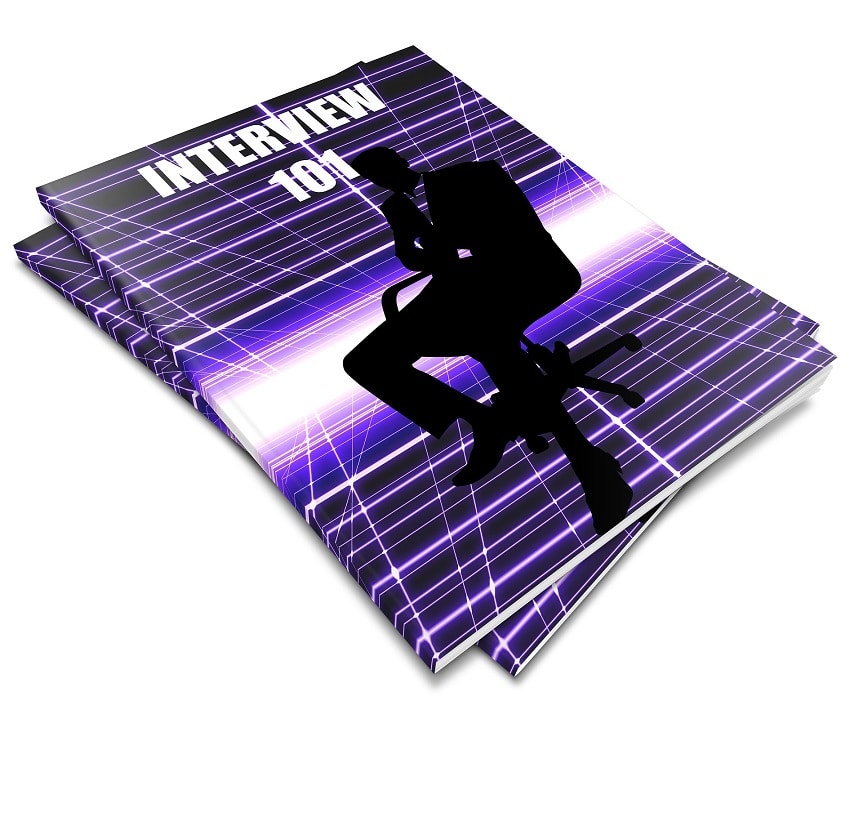What comes in your mind when you hear about interview questions?
Have you gone for an interview before? if not, it feels a little closer to your first day in school. Interview proceedings vary from company to company. Every interview is unique on its own and you have to fully prepare for it.
Today we will look at how to answer questions in an Interview. Most interview questions are based on the skill sets and what interviewers want is someone who matches their skills. If today you happen to be called for an interview, remember to always go through their requirements so that you can learn and practise in line of what they want.
Typically, these are some the most asked questions in an interview
- Tell me more about yourself
- How did you hear about this position?
- Why do you want to work for this company?
- Why do want us to hire you?
- What are your greatest strengths?
- What are your weaknesses?
These questions are considered standard and out of ten interviews you will attend, you will only miss them in one or two at most.
Related: 6 Ways to Talk Positively About Failures in Job Interview
How to answer questions in an interview
At times interviews can be draining but if prepare in advance you will hack it.
Basing on the above common questions, I will illustrate a few ways you can answer the interview questions.
1. Tell me about yourself.
This one of the most confusing and challenging interview questions. However many interviews you attend there will be always this questions moment that gets you to square zero.
It is oftentimes sued as an icebreaker. This question if answered well gives the employer a prelude of who you are and your capabilities.
Aim at giving it your best shot. Make sure you include your early years of education, work history, and experiences you have garnered.
As a first-timer in my first interview, this was my response: “I grew up in the Nairobi, I joined Moi high school and later joined the college at Kabarak University where I graduated with a Bachelor of Arts in Mass Communication. I had a passion for print media when I was as young as 5 years and I made sure I write something all the time.
After college, I created my blog which has hugely impacted my writing skills.
2. What is your expected salary?
This question can be a tricky one, especially for a starter. Remember you’ve never been employed anywhere and someone pops such a question? There is a possibility you don’t even know the salary margins for any the company.
Some interviewers while posting the job ad they will give you a salary range which makes it easier for you.
If not, before the interview, do thorough research of the company including the salary range which will help you quote the right price when such an interview question pops up.
it is always good not to underquote or overquote. If you do high chances are you will be eliminated in the interview process.
3. Why do you want this job?
This question sounds very unnecessary to me every time. I always think of it this way: A mockery kind of question to me because the employer posted the job and I applied and nothing ties to me it. But here the employer wants an answer.
Note, this is one of the most important questions yet it may sound very irrelevant.
Can you admit that you want this job because it will primarily allow you to work from home? Um, not necessarily.
Employers like to hear why you want to work for them. Here mention things that matter to them. For instance, you can look at the previous things they have done like won a certain award may be in media relations or client relations. Act impressed, mention to them about the things you have done in client relations that made them win or close a deal. This will make them feel you are the right candidate.
4. What are you hoping to gain from this job?
Tell the hiring manager how you’d like to grow in this position, the things you hope to learn, and the experiences you’d like to have if you were hired for this job.
In an interview, employers want a surety they are more than just a paycheck to you. They want to feel as if there is a genuine employee-employer relationship between them and you.
5. How did you hear about this position
This is simple. Just explain where you found the job ad. Don’t counter guess unless you are sure the given source they used it. For instance, if you say you got it on Brighter Monday nd it happens they never posted it there is a likeliness you will be disqualified from the interview.
6. How do you handle or manage stress?
Many jobs are stressful or have stressful components to them. Employers want to know how you’ll handle yourself when times get tough. Do you outwardly explode, get quiet and withdraw, or feel motivated to push through?
While you want to be honest, consider taking a positive approach to your interview answer: For example “When I get stressed out, I find I should take a step back and make a plan of attack. This helps me get a handle on the situation and figure out what I need to do next.
Alternatively, give a solid example of how you controlled a crisis to completion and managed to calm it. This always gives the employer confidence in you.
7. What is your biggest weakness?
This is another tough interview question where it’s wise to try and put a positive spin on your answer. For example, saying that you’re quiet and shy when dealing with people wouldn’t work well if you’re trying to get a job in sales or customer service.
Try an answer like this: “I’ve struggled with overworking, choosing to focus on all projects at a time. But I’ve learned that sometimes things need to be done simultaneously. I am working hard to be able to easily switch from one project to another.
8. What are your greatest strengths?
While in an interview, these question sounds profoundly very easy but it is not.
Taking time to think of your best strengths before you give it a go-ahead.
Here’s an opening to talk about something that makes you great and a great fit for this role. When you’re answering this question, think quality, not quantity.
pick one or a few specific qualities that are relevant to this position and illustrate them with examples. Stories are always more memorable than generalizations. And if there’s something you were hoping to mention because it makes you a great candidate, but you haven’t had a chance yet, this would be the perfect time
Related: How To Prepare For an Interview For Your Dream Job
9. Why do you want to leave your current position?
this can be a difficult interview question, but there’s no need to reinvent the wheel here.
However much your boss made you feel or fired you. never use it in an interview. Always pick the positive or neutral side to use.
When you pick on a negative, your potential employer might feel inferior of what you will say to others when they fire you.
Every company values their reputation and if you look like you can break from your emotional point of view you might end losing the new job.
Consider saying you wanted some time off work to focus on your career or probably took a study leave and wanted a new environment to practise your new skills.
10. Tell Me About a Time You Demonstrated Leadership Skills.
You don’t have to have a fancy title to act as a leader or demonstrate leadership skills. Think about a time when you headed up a project, took the initiative to propose an alternate process.
It can be you helped motivate your team to get something done. Tell your interviewer an example of what you did in the position giving enough detail to paint a picture of it.
How to answer questions in an interview: conclusion
While it is never best to have a canned response for every interview question try as much as possible to have some time to s spend sometime getting familiar with what you might be asked. Hiring managers are looking forward to your responses and you need that job. Give it your best shot.
Take your time to digest questions before answering them. Ask questions whenever possible and don’t look shy for the interview. Aim at giving it what it takes to show that you’re the right person for the job.




